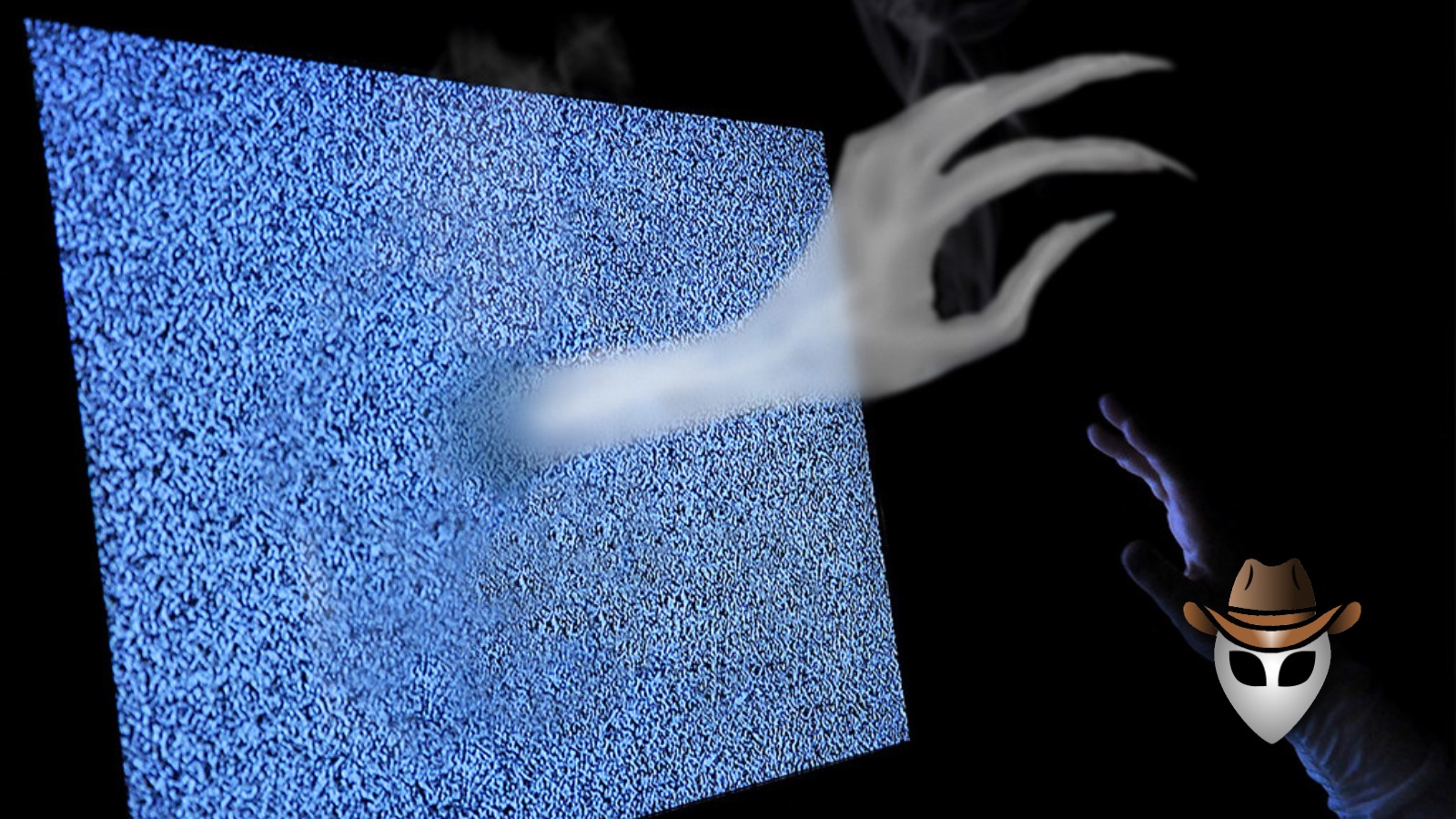Poltergeists have long fascinated and terrified people, featuring prominently in folklore, literature, and modern-day paranormal investigations. These entities are traditionally believed to be mischievous spirits or energies that cause physical disturbances, such as objects moving on their own, unexplained noises, and other chaotic phenomena. The term “poltergeist” comes from the German words “poltern,” meaning to make noise, and “geist,” meaning ghost or spirit. Despite centuries of reported encounters, the existence of poltergeists remains a subject of intense debate.
Evidence in Favor of Poltergeists
One of the strongest arguments in favor of poltergeists is the sheer volume of eyewitness accounts spanning different cultures and historical periods. Some of the most famous cases include the Enfield Poltergeist in 1977 in England, the Bell Witch in the early 19th century United States, and the Rosenheim Poltergeist in Germany in the 1960s. These cases involve multiple witnesses, including credible sources such as police officers, journalists, and parapsychologists, all of whom reported observing unexplainable events.
In the Enfield case, for example, two sisters were the focus of a series of disturbances, including knocking sounds, furniture moving on its own, and even levitation. The events were witnessed by several individuals, including law enforcement, which lends some credibility to the accounts. Parapsychologists who studied the case suggested that the activity might have been caused by psychokinetic energy—energy supposedly generated by the human mind—that manifested in physical disturbances.
Moreover, parapsychologists argue that poltergeist phenomena are distinct from other types of hauntings because they often involve young individuals, particularly adolescents, who may be experiencing emotional turmoil. This has led to the theory that poltergeists are not external spirits but manifestations of repressed psychological energy, a phenomenon known as “recurrent spontaneous psychokinesis” (RSPK). This theory posits that the unconscious mind can exert physical force on the environment, leading to the disturbances attributed to poltergeists.
The Evidence Against Poltergeists
Despite the compelling nature of many poltergeist cases, skeptics argue that there is no concrete evidence to support the existence of such entities. Many cases have been debunked as hoaxes, pranks, or misunderstandings of natural phenomena. For example, in the Enfield Poltergeist case, some of the disturbances were later admitted to be fabrications by the children involved. Critics also point out that the majority of poltergeist activity could be explained by mundane factors such as structural issues in buildings, animals, or even trickery.
Psychologists often attribute poltergeist phenomena to the power of suggestion and mass hysteria. When one person believes they are experiencing something supernatural, others around them may also start to interpret normal events as paranormal, leading to a kind of shared delusion. This can be exacerbated by the media and popular culture, which often sensationalize and embellish such stories.
Moreover, the theory of RSPK is highly controversial and lacks empirical evidence. While it is an intriguing concept, mainstream science has yet to find any support for the idea that the human mind can produce physical effects on the environment without any physical intervention. Most scientists argue that the supposed evidence for RSPK and poltergeists is anecdotal and cannot be tested under controlled conditions.
The debate over poltergeists is unlikely to be resolved anytime soon. On one hand, the vast number of reports and the involvement of credible witnesses make it difficult to dismiss all cases as hoaxes or misinterpretations. On the other hand, the lack of scientific evidence and the potential for alternative explanations, such as psychological factors, suggest that the phenomenon may not be as supernatural as it seems.
Ultimately, whether one believes in poltergeists may come down to personal belief systems and openness to the unknown. While science continues to explore the boundaries of what is possible, the mystery of poltergeists endures, captivating the imaginations of those who dare to entertain the possibility of a world beyond the visible.
Share Your Thoughts!
Do you believe in poltergeists? Have you had your own experiences with them? Share your thoughts in the comments below!
